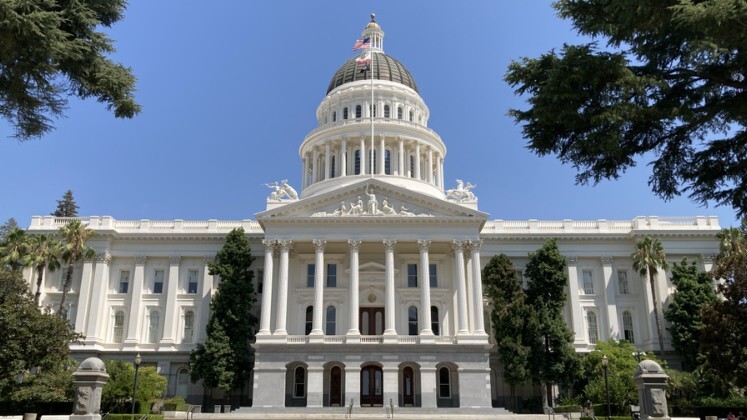
California’s new climate rules, which are set to change how companies record their environmental effect in the US, are the subject of an analysis published by Cascale and Worldly.
The Climate Corporate Data Accountability Act (SB 253) and the Climate-Related Financial Risk Act (SB 261) are two important statutes that are specifically covered in the analysis.
Businesses operating in the state will be required by these rules to disclose their greenhouse gas (GHG) emissions and assess the financial risks associated with climate change conditions.
Businesses, especially those in the consumer goods industry, should use this research as a resource as they adjust to the growing demands for responsibility and transparency in environmental operations.
By surpassing current federal criteria and establishing new guidelines for GHG emissions reporting worldwide, California’s new climate legislation represents a significant shift in corporate environmental duties.
Businesses in the US should prepare for similar adjustments that may influence future national and international reporting procedures as California sets this precedence.
The main points of the new laws are outlined in the analysis. While SB 261 applies to enterprises with at least $500 million and compels them to submit climate risk assessments every two years, SB 253 targets companies with revenues over $1 billion and requires them to disclose Scope 1, 2, and 3 GHG emissions.
Businesses with complex supply chains, such as those in the textile, clothing, footwear, and consumer products industries, have difficulties as a result of these rules since they are now required to track emissions over their whole value chain.
The research also examines how the results of the most recent US presidential election affect more general federal climate legislation and possible legal challenges to these laws.






